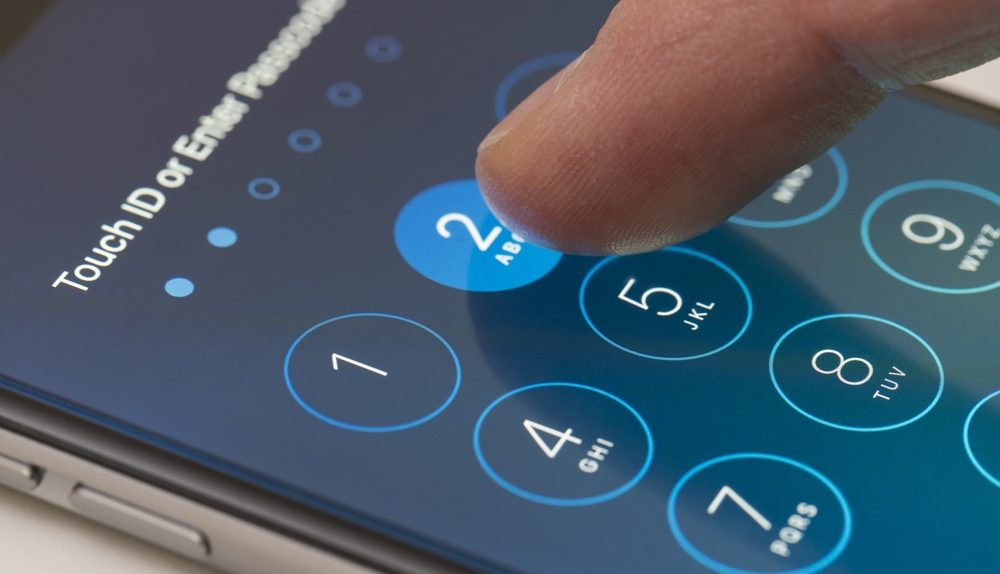A few months ago, a Twitter troll allegedly sent a seizure-inducing image to a journalist, thinking that an anonymous prepaid SIM card and a throwaway Twitter account would be enough to protect his privacy and help him escape any potential ramifications. It turns out the attacker was also an iPhone user, a significant detail that helped police track him down and arrest him. It all happened with the support of Twitter, AT&T, and Apple.
As The Verge explains, buying a prepaid SIM card in cash and using an anonymous Twitter account sounds like the perfect setup. But John Rivello, who has been accused of sending the tweet to Newsweek journalist Kurt Eichenwald, used an iPhone for his seizure-inducing attack. Rivello is said to have known that Eichenwald was an epileptic, and said in the tweet that “you deserve a seizure for your posts.”
According to an unsealed complaint, police first sent a court order to Twitter for data related to the “@jew_goldstein” account used in the attack. Twitter was able to provide a dummy email address as well as an IP address and phone numbers that sent police to Tracfone.
The wireless operator did not have information associated with the SIM card, but AT&T was able to provide additional details about the SIM use. The carrier, which supported Tracfone’s SIM, discovered that an iPhone 6 was used in connection with that number.
Police then sent a search warrant to Apple, and the iPhone maker was quick to associate the iPhone 6 to an iCloud account that belonged to Rivello. On top of that, a search in Rivello’s iMessages and photos revealed the attacker’s interest in the journalist.
Apple may offer a hard stance against encryption and government-mandated backdoors, but it collaborates with law enforcement when forced to with a warrant.
Rivello forgot about how iPhones work, even though he apparently took plenty of steps to hide his tracks. Even if you change your SIM card, the handset will ask you to add an iCloud ID to your new phone number. In many cases, users do so without any hesitation.








